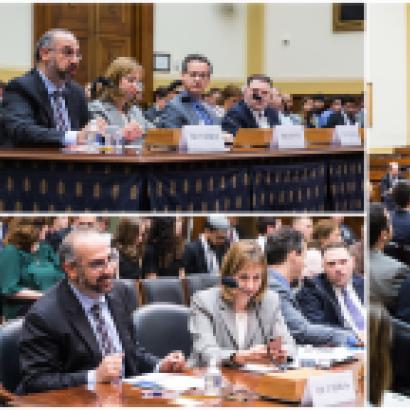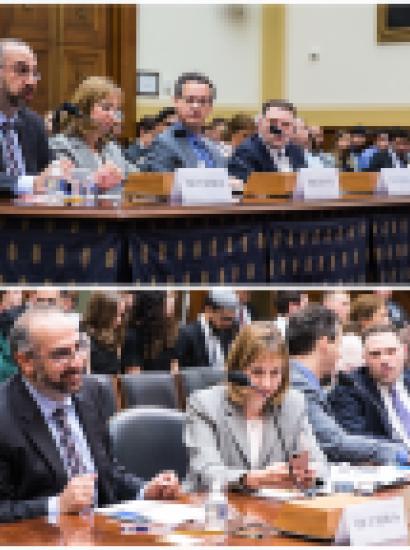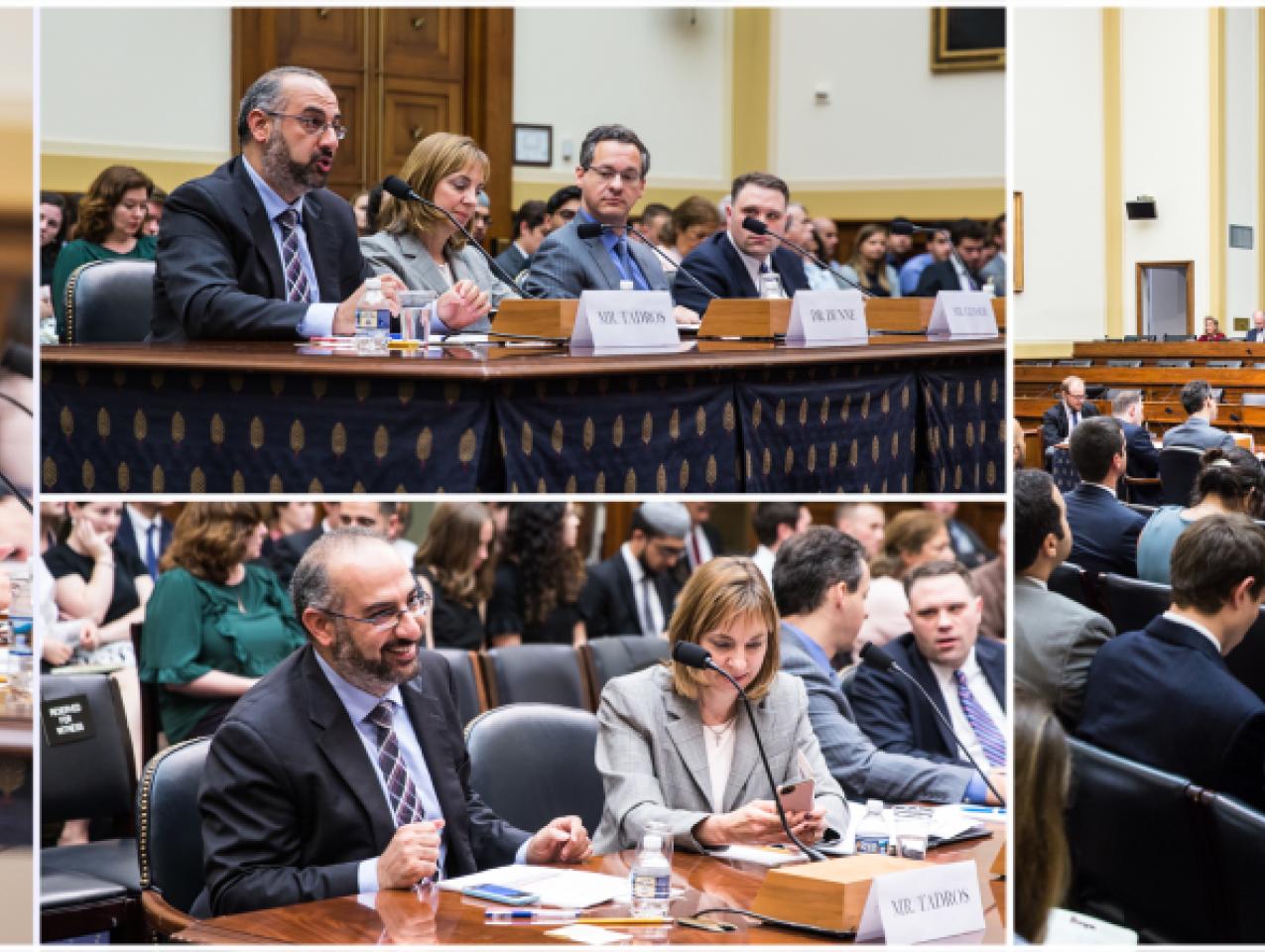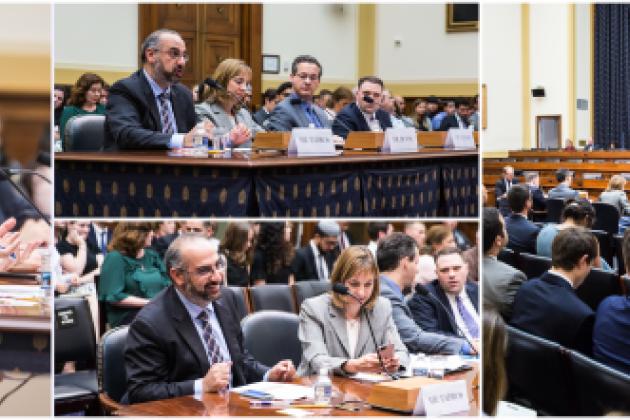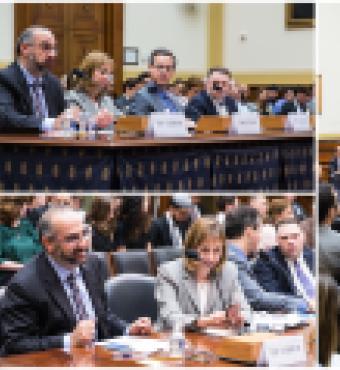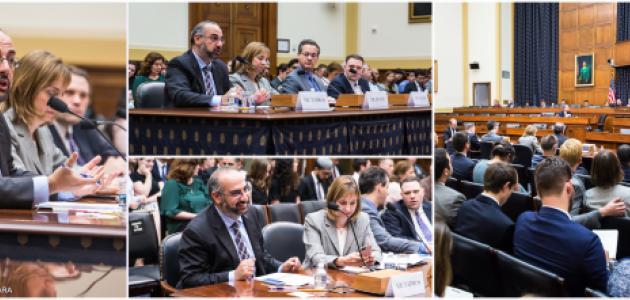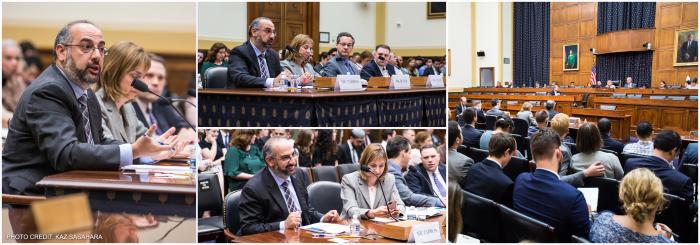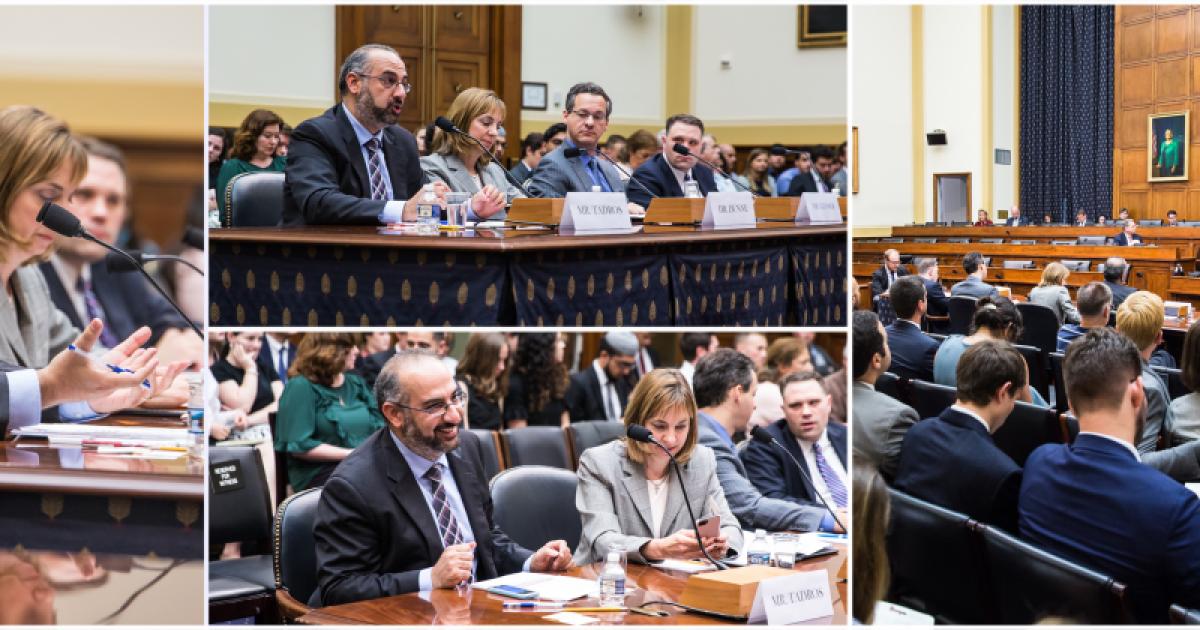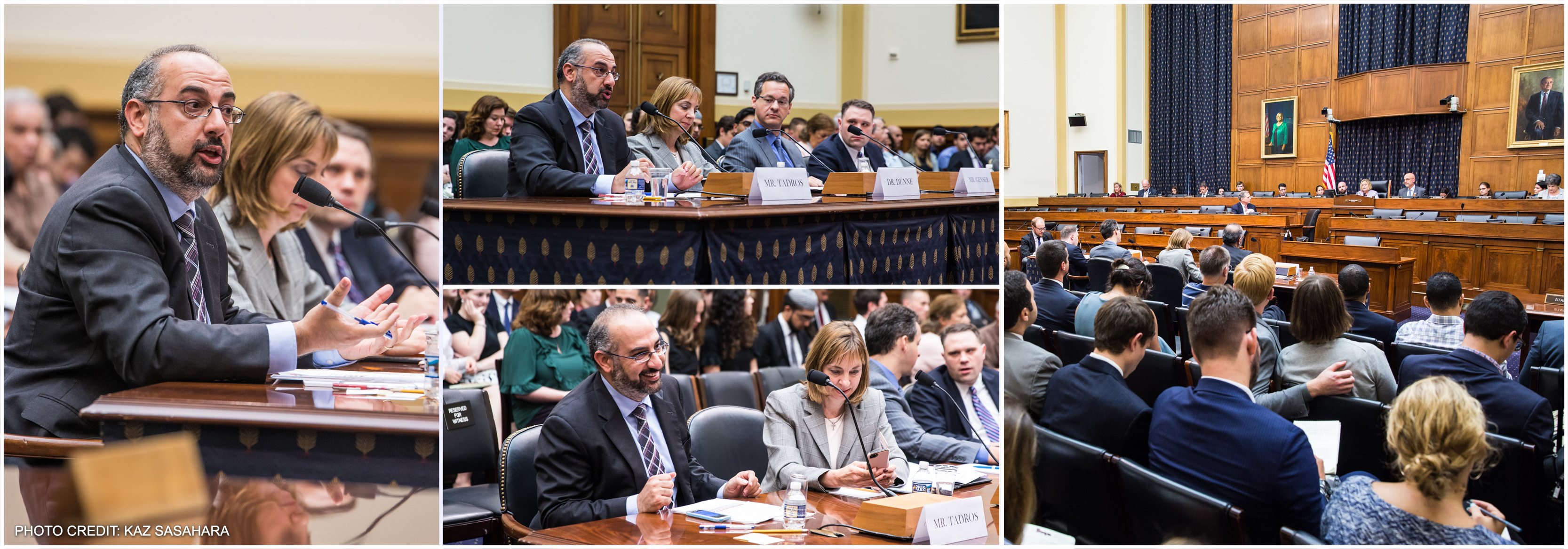
Egypt, a country of 94 million people, lies at the crossroads of a vital region. It is largely sustained by tourism, revenues from the Suez Canal and foreign aid – its economic might traditionally outweighed by its political and cultural influence in the region. Today, it no longer commands the attention it once did from the Arab world, and the question for the United States becomes whether or how to maintain an alliance out of fidelity to a Cold War rationale.
Egypt struggled for decades under military rule. Then came the Arab Spring and Tahrir Square. With the departure of Hosni Mubarak, two forces emerged – the army and the Muslim Brotherhood. By 2013, a military coup brought Gen. Abdul Fattah al-Sisi to power, and the result has been a further degradation of not only the social and economic structures within the country, but a serious deterioration of the U.S.-Egyptian alliance.
In his testimony to Congress, Hoover fellow, Sam Tadros highlights some of the most pressing issues facing both Egypt and the United States in shaping the relationship between the two countries. Egypt today is not the Egypt of Sadat or even Mubarak. The region as a whole has become increasingly volatile, just as the Egyptian state veers toward instability. Its collapse would be catastrophic for the region and beyond.
As it grapples with problems on its borders with Libya and Ethiopia, as well as internal dilemmas such as religious intolerance and increasingly repressive rule that silences all free expression and opposition, Mr. Tadros argues that Egypt is still key to a future stable Middle East. The United States must facilitate that by renewing a strong American-Egyptian alliance - but an alliance built around more than simply maintaining a peace treaty with Israel – one that cultivates truth and trust between Washington and Cairo.
click here to Read the full testimony
[Excerpt from the testimony]
The U.S. Egyptian Alliance
For the previous four decades, the U.S-Egypt alliance has been a cornerstone of the American order in the Middle East. The largest country in the Middle East in terms of population, with a quarter of the Arabic speaking peoples living within its borders, and for a long time the region’s political and cultural capital, Cairo had often set the pace for the whole region. After two decades of tensions and conflict between both countries, Secretary Kissinger and President Sadat found an opening in the aftermath of the 1973 war to forge a new basis for the American-Egyptian relationship. Key American Cold war strategic objectives were achieved as President Sadat agreed, in return for the complete return of Sinai to Egyptian sovereignty not only to seek a lasting peace between his country and Israel, but also to detach Egypt from the Soviet orbit and put it formally in the U.S. camp. In return for U.S. financial, military and developmental assistance, Egypt would become a U.S. ally and successive U.S. administrations hoped that the country would lead the region away from the path of destruction and war introducing a new era of peace and cooperation. Click here to read the full testimony







